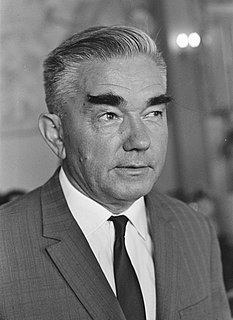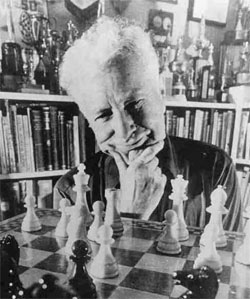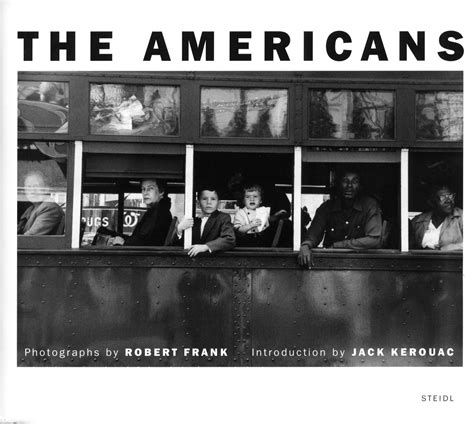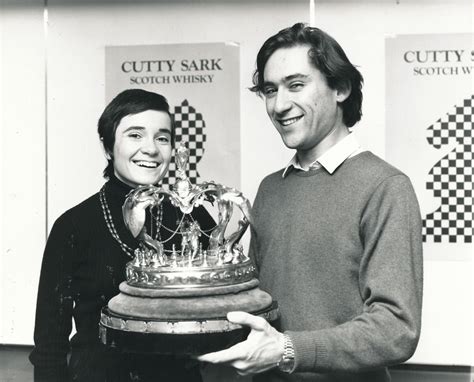A Quote by Alexander Alekhine
That which Steinitz gave to the theoretical aspect of the game when he was at his best is very remote to all out home-bred chess philosophers, but with his views on Morphy, whom he tries to discredit completely, it is of course impossible to agree.
Related Quotes
He is the so-called father of the modern school of chess; before him, the King was considered a weak piece and players set out to attack the King directly. Steinitz claimed that the King was well able to take care of itself, and ought not to be attacked until one had some other positional advantage. He understood more about the use of squares than Morphy and contributed a great deal more to chess theory.
But the thing that was great about Capablanca was that he really spoke his mind, he said what he believed was true, he said what he felt. He [Capablanca] wanted to change the rules [of chess] already, back in the twenties, because he said chess was getting played out. He was right. Now chess is completely dead. It is all just memorisation and prearrangement. It's a terrible game now. Very uncreative.
He gave her his best smile. His best I-almost-died-so-how-can-you-deny-me smile. Or at least that’s how he hoped it appeared. The truth was, he wasn’t a very accomplished flirt, and it might very well have come across as an Iam- mildly-deranged-so-it’s-in-all-of-our-best-interests-if-youpretend- to-agree-with-me smile.
Pau has a game that's impossible to imitate. He's so finesse and so skilled, it's impossible to imitate. Honestly, I'm a big fan of the game. I've never seen a player his size who has so many moves, so many counters and it's impossible. His length, his size, his skills - I mean, you can't teach that.
A good player who loses at chess is genuinely convinced hat he has lost because of a mistake, and he looks for this mistake in the beginning of his game, but forgets that there were also mistakes at ever step in the course of the game, that none of his moves was perfect. The mistake he pays attention to is conspicuous only because his opponent took advantage of it.
His (Lenin's)humanitarianism was a very abstract passion. It embraced humanity in general but he seems to have had little love for, or even interest in, humanity in particular. He saw the people with whom he dealt, his comrades, not as individuals but as receptacles for his ideas. On that basis, and no other, they were judged. He judged man not by their moral qualities but by their views, or rather the degree to which they accepted his.
































